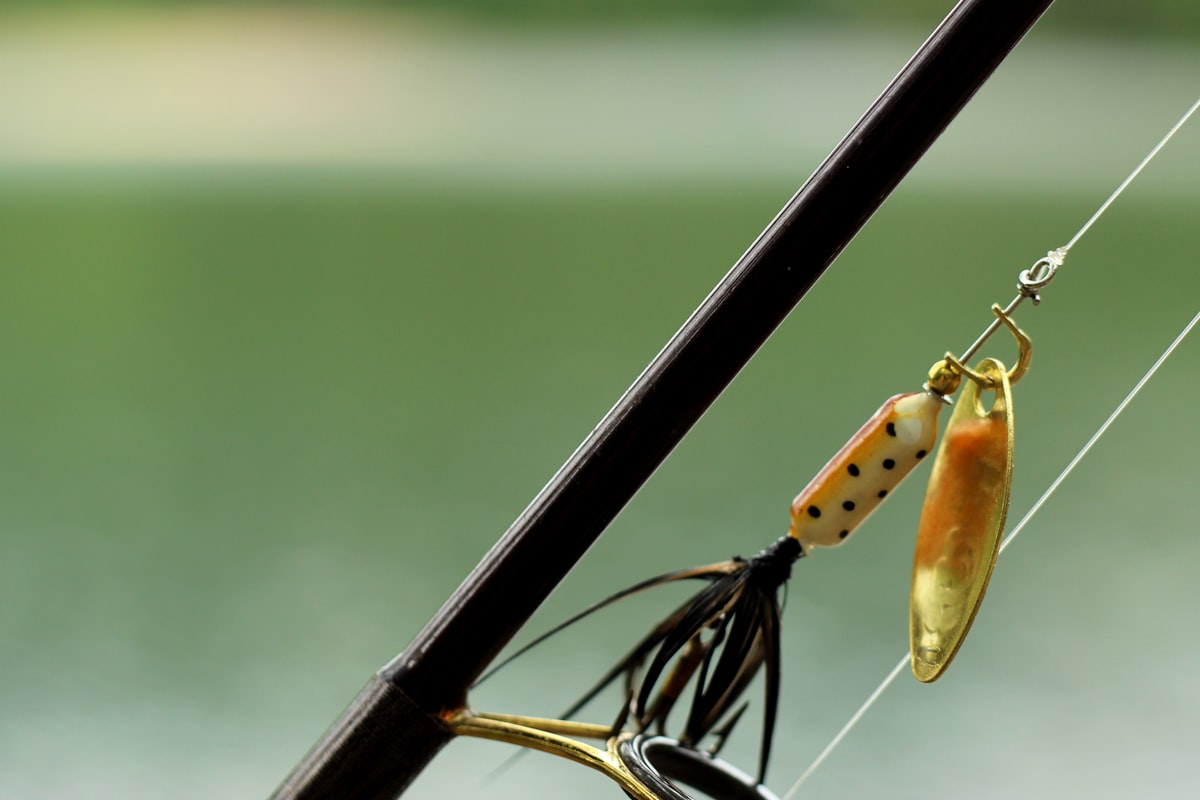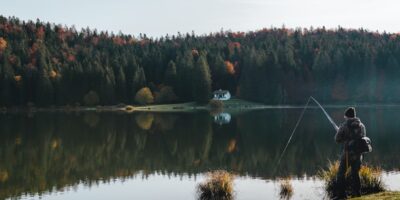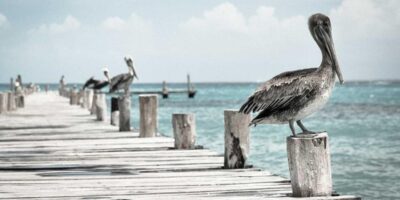The Importance of Conservation in Saltwater Fishing
Saltwater fishing has captivated people for centuries. Its thrill and challenge draw anglers to the expansive seas. But with increased interest comes increased responsibility. Conservation in saltwater fishing is crucial. It ensures the sustainability of fish populations and the health of marine ecosystems.
The Role of Fish in Marine Ecosystems

Fish play a significant role in the balance of marine ecosystems. They are both predators and prey, driving complex food webs. Removing too many fish disrupts these webs. Predator-prey dynamics can shift. Entire ecosystems can be altered.
Predatory Fish
Predatory fish, like sharks and groupers, control populations of smaller fish. Overfishing these predators can lead to an overabundance of prey species. This, in turn, can result in the depletion of smaller organisms like plankton and juvenile fish. These smaller organisms are critical for maintaining the balance.

Prey Fish
Prey fish such as anchovies and sardines are food for many marine species. They support larger fish, marine mammals, and birds. Overharvesting prey fish can starve these predators. The effects ripple through the ecosystem.
Regulations and Their Impact
Fishing regulations aim to keep fish populations stable. Size and bag limits, seasonal restrictions, and protected areas are examples. These rules help prevent overfishing and allow fish stocks to replenish.
Size and Bag Limits
Size limits ensure that only mature fish are kept. This allows younger fish to grow and reproduce. Bag limits control the number of fish an angler can catch in a day. Together, they prevent excessive harvesting and support long-term population stability.
Seasonal Restrictions
Seasonal restrictions are another tool. They protect fish during critical times, such as spawning seasons. Limiting fishing activities during spawning increases reproductive success. This promotes stronger and more resilient fish populations.
Protected Areas
Protected areas, or marine sanctuaries, are vital. These regions restrict human activity to preserve sensitive habitats. They serve as refuges for marine life, allowing ecosystems to thrive undisturbed. Fish populations in these areas often grow larger and more diverse. They can repopulate surrounding areas, improving overall fish stock health.
Catching and Releasing Practices
Catch and release is a popular practice among anglers. Done correctly, it helps conserve fish populations. The key is minimizing harm to the fish.
Proper Handling Techniques
Using barbless hooks makes releasing fish easier. Handles them with wet hands or gloves to avoid removing their protective slime coat. Supports the fish’s body, especially larger ones. Avoids holding them vertically by the jaw as it can cause severe injury.
Quick Release
Minimizing the time the fish is out of the water is crucial. The longer they are out, the higher the stress and potential for injury. Using pliers or dehooking tools can speed up the process. This ensures the fish has a better chance of survival once released.
Participating in Conservation Efforts
Anglers can participate in conservation efforts beyond their fishing practices. Joining conservation groups, participating in cleanups, and supporting sustainable seafood choices contribute to broader efforts to protect marine life.
Supporting Conservation Organizations
Many organizations focus on marine conservation. They conduct research, advocate for policies, and raise awareness. Supporting these groups through donations or volunteering can have a significant impact.
Community Involvement
Participating in local cleanups helps maintain healthy water environments. Removing trash, especially plastics, reduces pollution and protects marine life. Anglers can also engage in citizen science projects, contributing valuable data for conservation research.
The Future of Saltwater Fishing
Balancing the joy of fishing with conservation is crucial for the future. Educating oneself and others about sustainable practices is essential. Advocacy for stronger policies and enforcement plays a role too. The combined efforts of anglers, scientists, and policymakers can ensure that saltwater fishing remains a viable activity for generations to come.
“`



